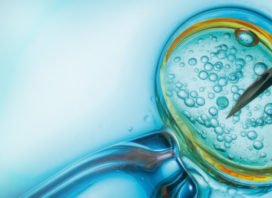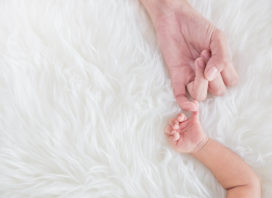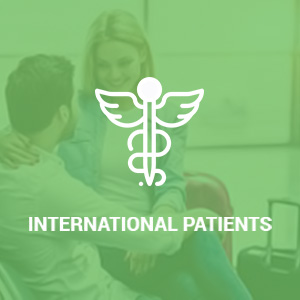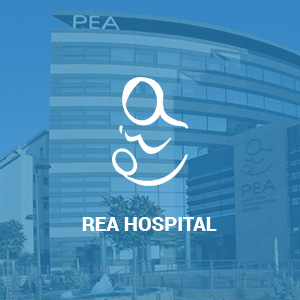EGG FREEZING
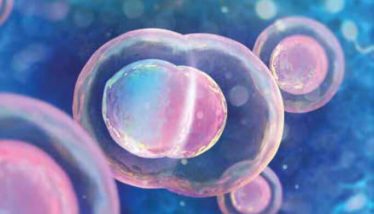
One of the latest and most fascinating aspects of egg freezing is the chance it gives to women that are near or past the age of 35-38 to maintain their fertility capacity if not planning to have a baby soon.
Which women should consider egg freezing?
Taking advantage of the ability to freeze eggs, many women maintain their reproductive capacity surpassing various obstacles that may arise in the near future. Women without a partner or women that are career-oriented, something which demands considerable amounts of their time and energy, women that for various reasons, personal or professional, prefer to have a family at a later point in life. Also, egg freezing could be an option for women with low AMH, a hormone that is an important indicator of egg quality and reserves. Finally, the possibility of egg freezing should be explained to women that are about to undergo chemotherapy and/or radiotherapy.
When should a woman consider egg freezing?
Female fertility starts declining after the age of 35. It is important for women to know that the sooner they decide to have their eggs frozen the better is the quality of frozen eggs. In any case, prevention doesn’t need to wait.
Are there tests that a woman can do so as to see if there is a need for egg freezing?
Tests that will help us decide about the option of egg freezing are blood tests, in combination with a gynecological ultrasound and assessment by the attending medical doctor. With a uterine ultrasound, a gynecologist can assess the size of the ovaries, as well as the existing antral follicles. With the blood tests, by measuring the levels of various hormones, we can infer the corresponding reproductive age. The hormones that are mainly measured are AMH (anti-Mullerian hormone), and FSH, i.e. follicle-stimulating hormone, a hormone that stimulates the development of follicles.
What is the process of egg freezing?
The process of egg freezing itself is simple. It is completed within 10-12 days when the follicle(s) has/have matured sufficiently. If a woman so wishes and is medically able to, medication can be given. This means that for 10 days she will be taking medication so as to produce many follicles, with her gynecologist monitoring progress. If she does not wish drug-induced stimulation or this is not medically recommended, then ovulation is monitored by ultrasound. In both cases, after approximately 10 days, egg harvesting is scheduled, which is nothing more than a transvaginal minor surgery whereby follicles are aspirated over approximately 10 minutes of sedation.
How many eggs are frozen in total so as to have a sufficient reserve?
A sufficient reserve depends on the woman’s age, her hormonal profile, as well as the procedure to be followed. It is important to set realistic goals together with her doctor, who is able to explain to her the important relevant information.
How long can the genetic material be kept in a Cryopreservation Bank?
Greek law allows IVF up to the age of 50. Eggs are kept in liquid nitrogen and can reman there for as long as the woman wishes that her eggs are kept at -190oC.
Is it possible that the material is not usable in the future? And if so, on what grounds?
If a woman reaches the age of 50, then she can no longer user her eggs, at least in our country. The eggs can be kept in liquid nitrogen for a very long time without losing their quality. In any case, when eggs are thawed, either in 1 month or 5 years after freezing, some might not be viable.
At the moment of use of the material, does the donor have to undergo any procedures, and if so, which ones?
When a donor decides to use the eggs, the procedure to be followed aims at preparing her endometrium, which is the internal lining of the uterine cavity. The appropriate medication is given, so as to facilitate embryo implantation (egg fertilized with sperm). The last stage is embryo transfer, that is the process of placing the embryo in the endometrium.




